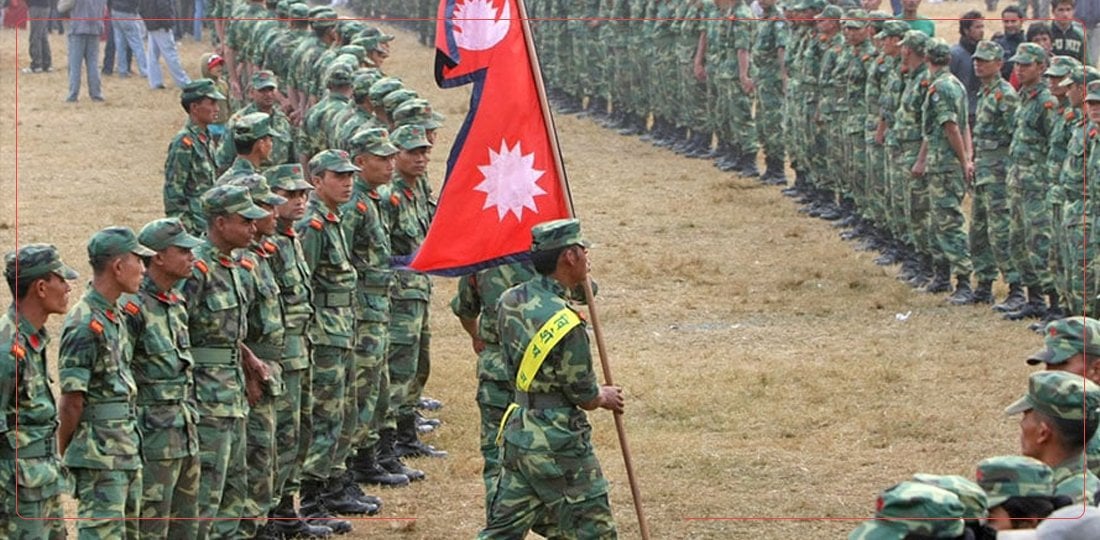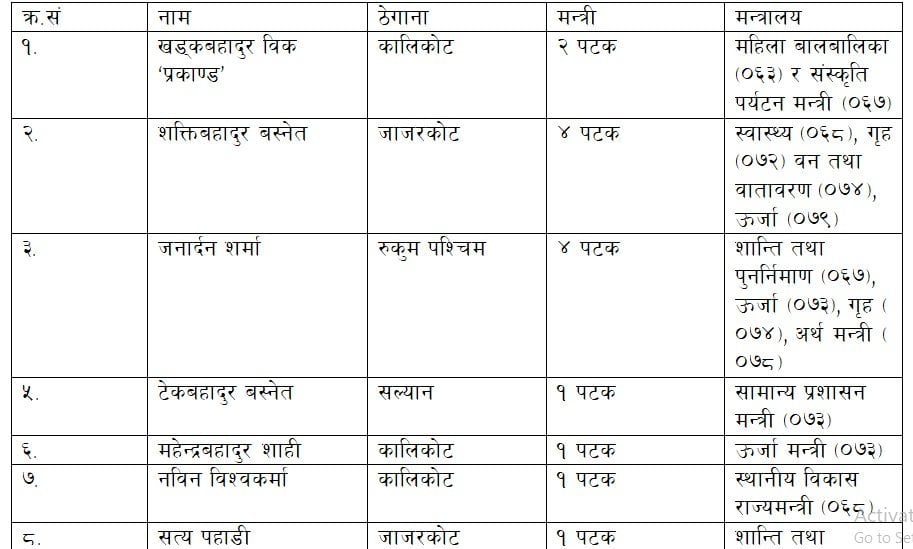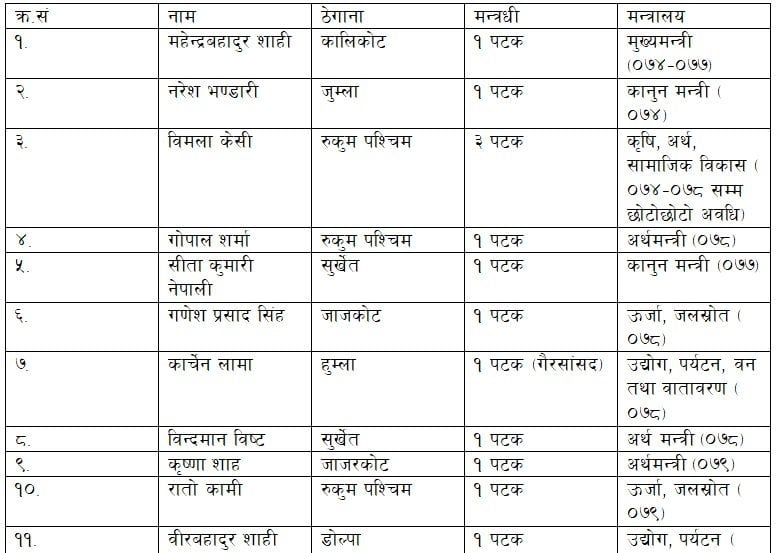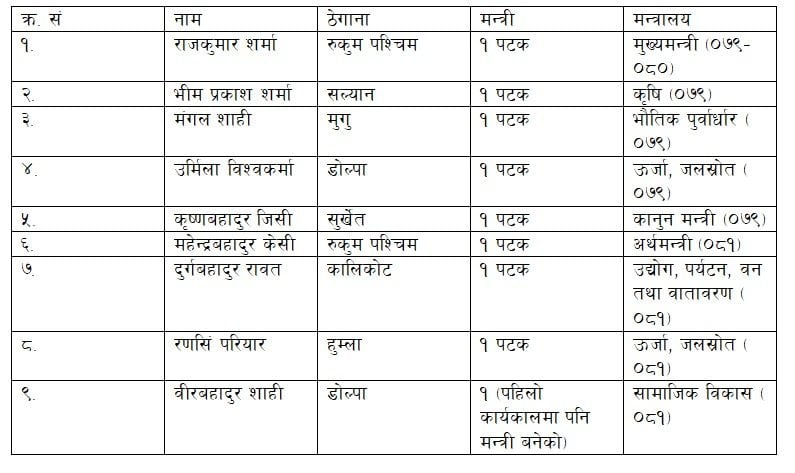Maoist meltdown in its bastion: Factionalism and failures hit Karnali hard

Surkhet, August 15: The Maoists were so popular in Karnali in yesteryears that Chairman Pushpa Kamal Dahal 'Prachanda' had to deliver his speech twice at the same event. Prachanda delivered a one-hour speech at a public rally in Sinja, Jumla, on 19th April, 2016. Following his address, a large group of people from the headquarters arrived with slogans and musical instruments.
Responding to the crowd's enthusiasm, Prachanda spoke again, showcasing the continued support for the Maoists in Karnali even a decade after the peace process. However, the Maoists' influence in Karnali is now on the decline.
Historically, the Maoists have had a strong presence in the federal government compared to other parties. They held power until June 2024, since their integration into the peace process.
Maoist leaders from Karnali have frequently held ministerial positions in successive governments. Deputy General Secretary Janardhan Sharma and Shakti Bahadur Basnet have each served as ministers four times, while Khadga Bahadur Bishwakarma has held the position twice.
Maoist leaders from Karnali in the central government since the peace process:

Maoists in the Karnali Government since the province establishment:
During the first term of the province assembly, the Maoists had 13 province assembly members. Dharmaraj Regmi and Thammar Bista joined the UML after the then CPN split, leading to 10 of the remaining 11 members becoming ministers in province government, with Pushpa Gharti Bista serving as Deputy Speaker.

In the second term, 9 of the 13 Maoist assembly members became ministers, with Yashoda Neupane as the Deputy Speaker. Only 3 Maoist members did not secure ministerial positions.
List of Ministers since 2017

In the 2017 national elections, the Maoists, in alliance with CPN-UML, secured 5 out of 12 seats in the House of Representatives. Notably, Chhak Bahadur Lama of Humla won independently and later returned to the Maoists. In 2022, the Maoists' representation decreased to 4 seats.
Declining Public Support Despite Remaining in Power
After the decade-long people’s war, the Maoists emerged as the leading party in the 2008 Constituent Assembly elections, securing 19 seats from the districts now within Karnali Province. By the 2013 Constituent Assembly elections, their representation from Karnali had decreased to 7 seats.
Despite their continued presence in power, the Maoists' influence has waned in local, state, and national elections. In the 2022 provincial elections, they secured 9 seats out of 13 with an alliance, down from 13 in 2017.
In the 2022 local elections, the Maoists lost two municipalities they had previously won, with the UML outperforming them. Despite the Maoists’ efforts to coordinate with Congress and the Unified Socialist Party, they only secured 23 municipalities and 4 National Assembly seats.
Reasons for the Decline
Maoist leaders acknowledge the weakening of their position in Karnali, citing issues such as sliding away from core party ideology, poor performance in improving people's livelihoods, and internal factionalism. Maoist Karnali Province Chairman Bimala KC notes a decrease in proportional votes but hopes for improvement in future elections.
A conclave in August 2022 highlighted internal factionalism and ministerial appointments based on nepotism and favoritism as contributing factors to their declining performance.
The Maoists' leadership in Karnali faces criticism for failing to address the people's needs and maintaining poor coordination between government and party operations.
Impact of the People's War
Karnali played a crucial role in the success of the people’s war, with over 2,300 lives lost and more than 2,900 people injured or disabled. Despite this significant contribution, stakeholders argue that the Maoist has neglected Karnali’s role and the rights it deserves. While many Maoists have moved to urban areas, rural Karnali still faces significant challenges related to disease, hunger, and poverty.
Current Challenges
Despite retaining power, the Maoists' inability to effectively address the needs of the populace and the rise of factionalism and corruption have contributed to their diminishing support in Karnali.










Leave Comment